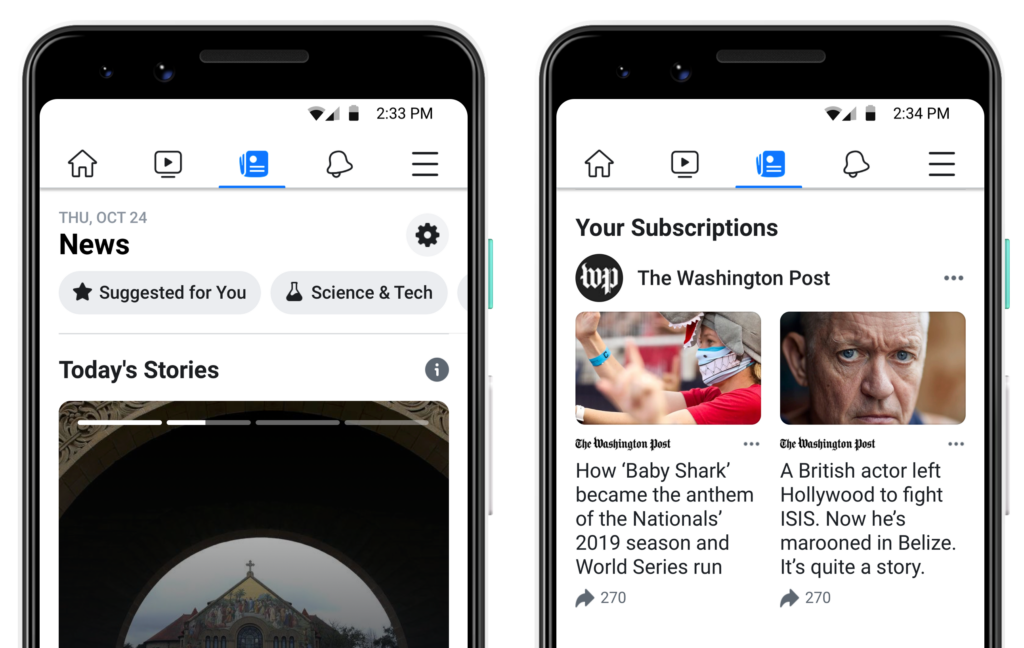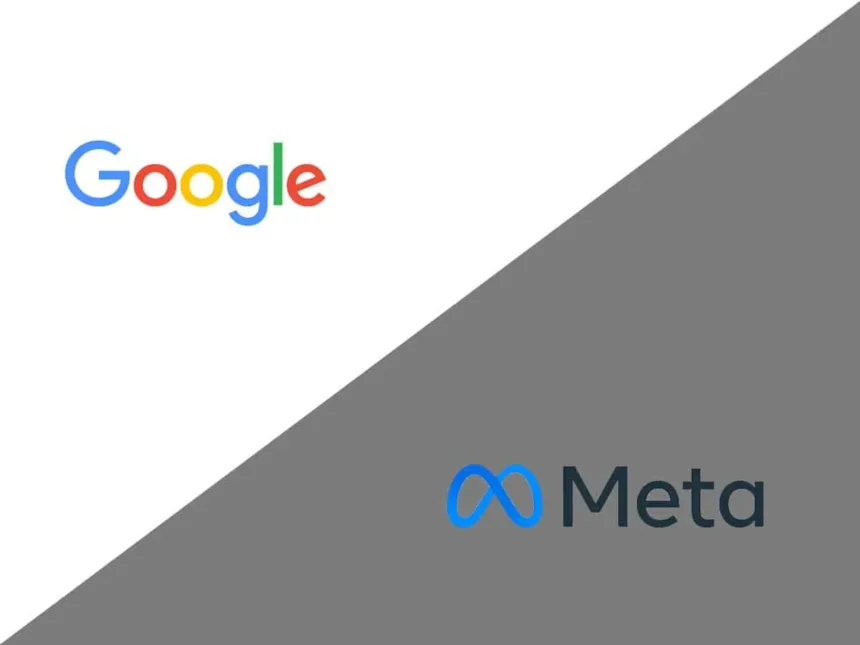Two major tech players, Google and Meta, have announced the closure of pivotal services—Google Podcasts in the U.S. and Facebook News in specific regions. These decisions reflect the evolving landscape of digital content consumption and the strategic shifts by tech giants in response to user feedback and market demands.
What’s Happening & Why This Matters
Google Bids Farewell to Podcasts App
Google is setting a notable change in how users consume podcasts by deciding to shut down its Podcasts app in the U.S. in early April. Users are being encouraged to migrate subscriptions to YouTube Music; Google also owns YouTube. This deprecation hints at Google’s centralization strategy for entertainment services. Google Podcasts is quite popular — the app boasts 500+ million installations globally. Despite its success, Google aims to streamline its offerings, enhancing user experience and potentially bolstering its position in the competitive podcasting market. Google and YouTube could leverage YouTube’s creators, users, and content to expand its media presence with more emphasis on audio podcasting.

Meta Phases Out Facebook News
On the other hand, Meta is scaling back on news content by discontinuing Facebook News in the U.S. and Australia. This follows News’ shutdown in the U.K., France, and Germany. This change aligns with Meta’s broader strategy to reduce news and political content. Meta and its platforms, Facebook and Instagram, are highly scrutinized over disinformation, misinformation, and their impact on political polarization. A Meta spokesperson states that users can still access news links and that news media organizations can continue sharing their content.
This adjustment reflects Meta’s attempt to balance content moderation challenges and its “town square” role that may impact major American and European elections.

TF Summary: What’s Next
The discontinuation of Google Podcasts and Facebook News signifies a turning point in how digital platforms curate and present content to users. Google’s push towards YouTube Music for podcasts may enrich its audio offerings, potentially setting a new standard for podcast consumption. Meanwhile, Meta’s decision to cut back on news content on Facebook could prompt news organizations to diversify their audience engagement strategies further.
As these tech giants recalibrate their services, the implications for content creators, consumers, and the digital media landscape at large will be profound. Users, stakeholders, regulators, and observers alike will be keenly watching how these changes affect engagement. Moreover, what is the impact regarding information access and dissemination in the AI age.


